Vietnam’s coconut industry currently covers an area of about 200,000 hectares, of which 80% is concentrated in the Mekong Delta. Each year, the country produces more than 2 million tons of coconuts, making Vietnam the fourth largest coconut exporter in the Asia- Pacific region and fifth in the world.
Notably, in 2024, coconut export turnover exceeded the 1.089 billion USD mark for the first time, of which processed products accounted for nearly 70%, helping coconut become one of the three main export fruits with a value of over a billion dollars, after durian and dragon fruit.
However, this industry still faces many challenges: most businesses are small and medium-sized, with outdated technology and unsynchronized raw material areas; international requirements on food safety and traceability are increasingly stringent; logistics costs are high and product preservation capacity is limited; the international brand of Vietnamese coconut products has not yet been clearly defined.
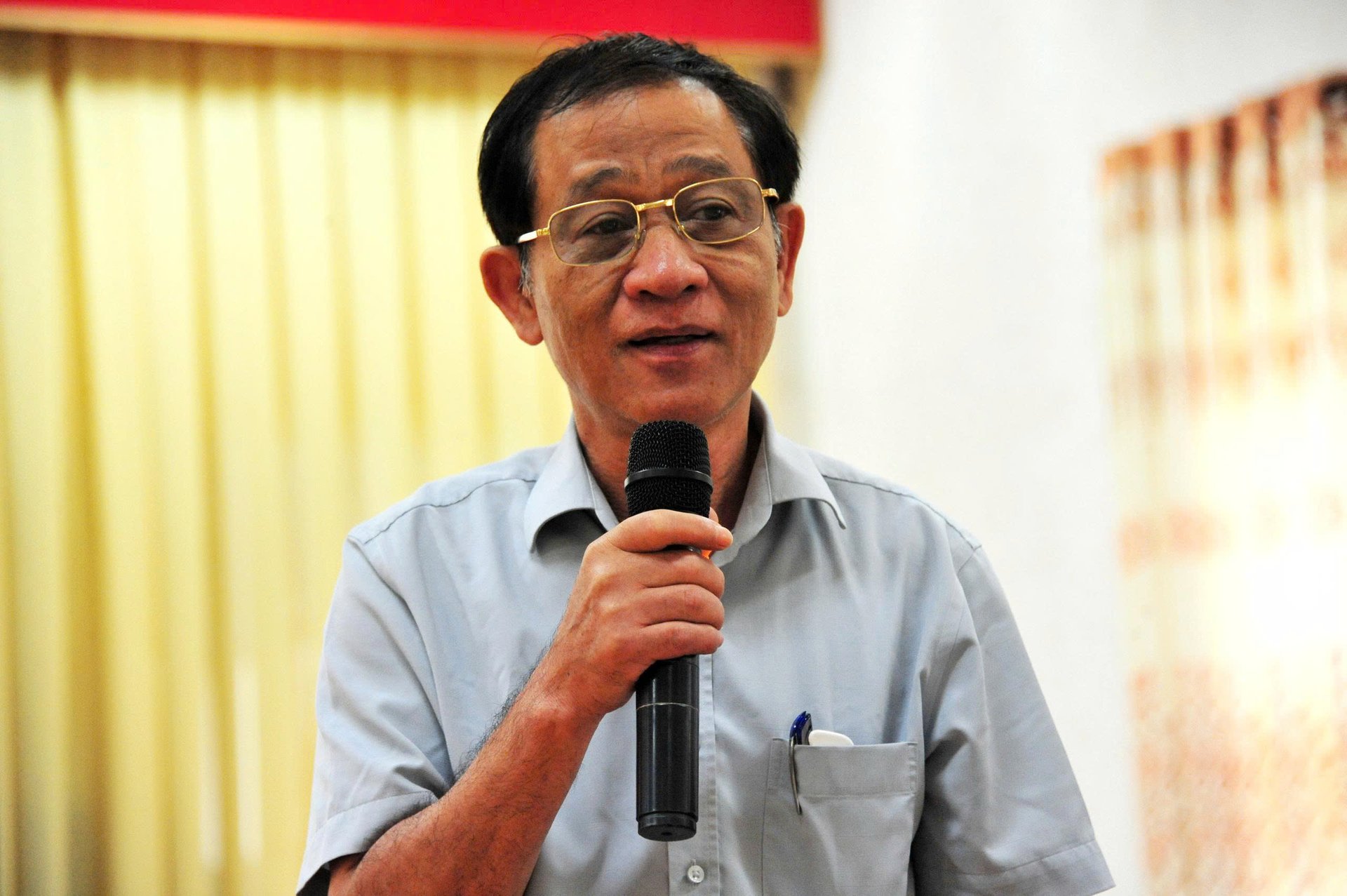
Associate Professor Dr. Pham Anh Tuan spoke at the Forum "Communication on health management of Vietnamese coconut trees to meet production requirements associated with consumers". Photo: Phuong Linh.
According to Associate Professor Dr. Pham Anh Tuan, Institute of Agricultural Electromechanics and Post-harvest Technology, only about 30% of products are currently deeply processed along the value chain. The main products include coconut water, coconut milk, coconut oil, desiccated coconut, coconut candy, coconut cake, activated carbon from coconut shells, along with handicraft products and materials from coconut fiber such as carpets, mattresses, and planting nets. Some advanced technologies have been applied such as UHT sterilization for coconut water, aseptic packaging and extraction of pure oil using cold centrifugation technology, but most of the equipment still has to be imported.
He said that it is necessary to clearly identify the target, key products and appropriate production scale; evaluate the consumer market to choose a sustainable development direction. At the same time, advise and support businesses in choosing technology, equipment and design and build processing factories that meet international standards, meeting the strict requirements of major markets such as the US, EU and Japan.
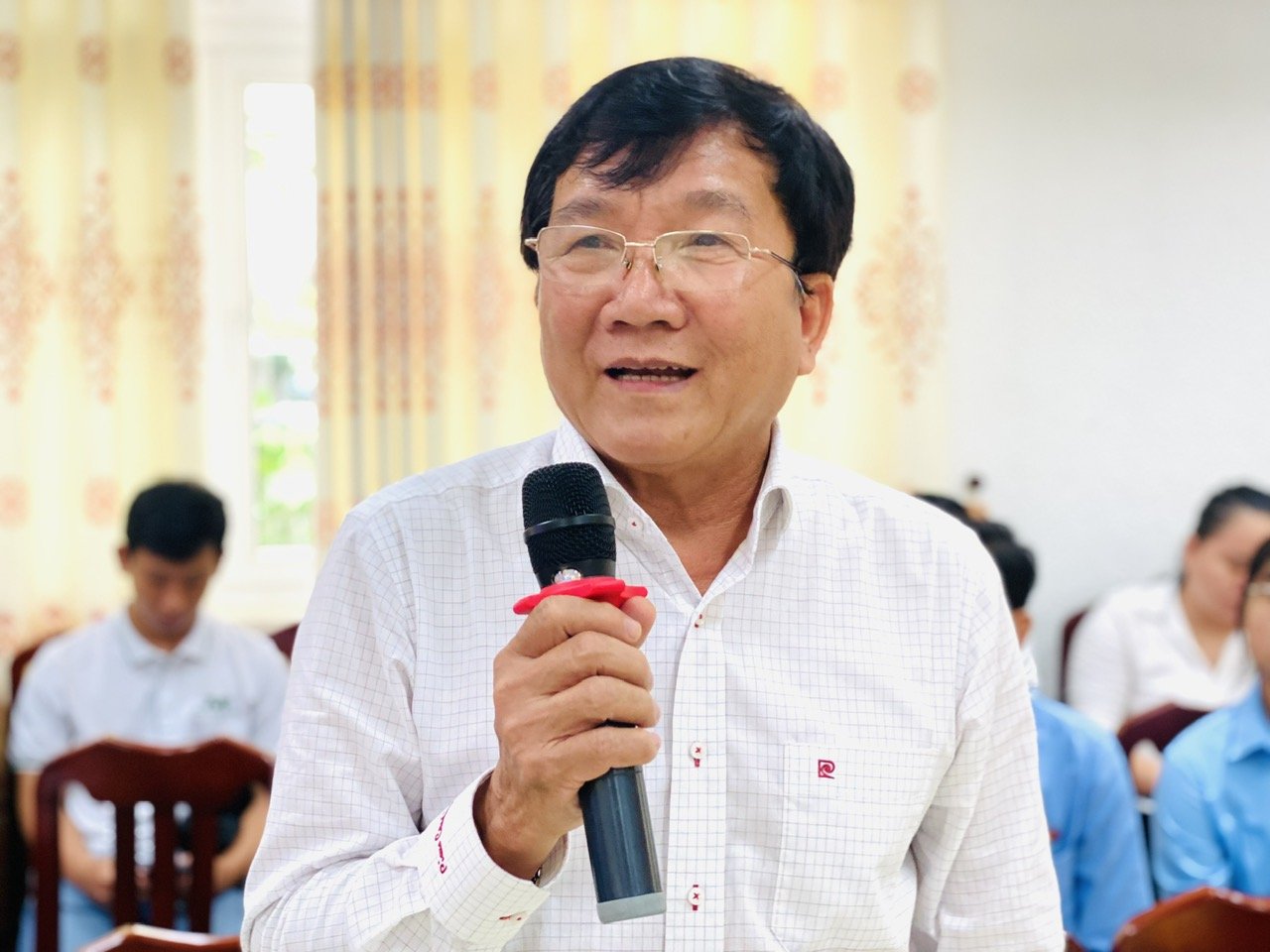
According to Mr. Huynh Khac Nhu, General Director of Tra Bac Joint Stock Company (Trabaco), seed source is the key factor to increase productivity and quality. Photo: Le Hoang Vu.
"The State and specialized agencies should increase support for businesses in improving technical processes, perfecting product quality standards, expanding the application of science and technology in processing and preservation, especially the technology of extracting pure coconut oil (VCO) and producing high-quality coconut milk. It is necessary to build programs to support businesses in receiving and transferring technology and equipment from abroad, and connecting technical cooperation with international businesses to form a modern coconut value chain.
In addition, we should synthesize the need for technological innovation, build a database of domestic and international coconut processing equipment and technology, and coordinate with businesses to propose and implement scientific and technological tasks at the State, Ministry and local levels. These policies will help promote innovation, form a modern, environmentally friendly coconut processing industry and aim for sustainable development," he shared.
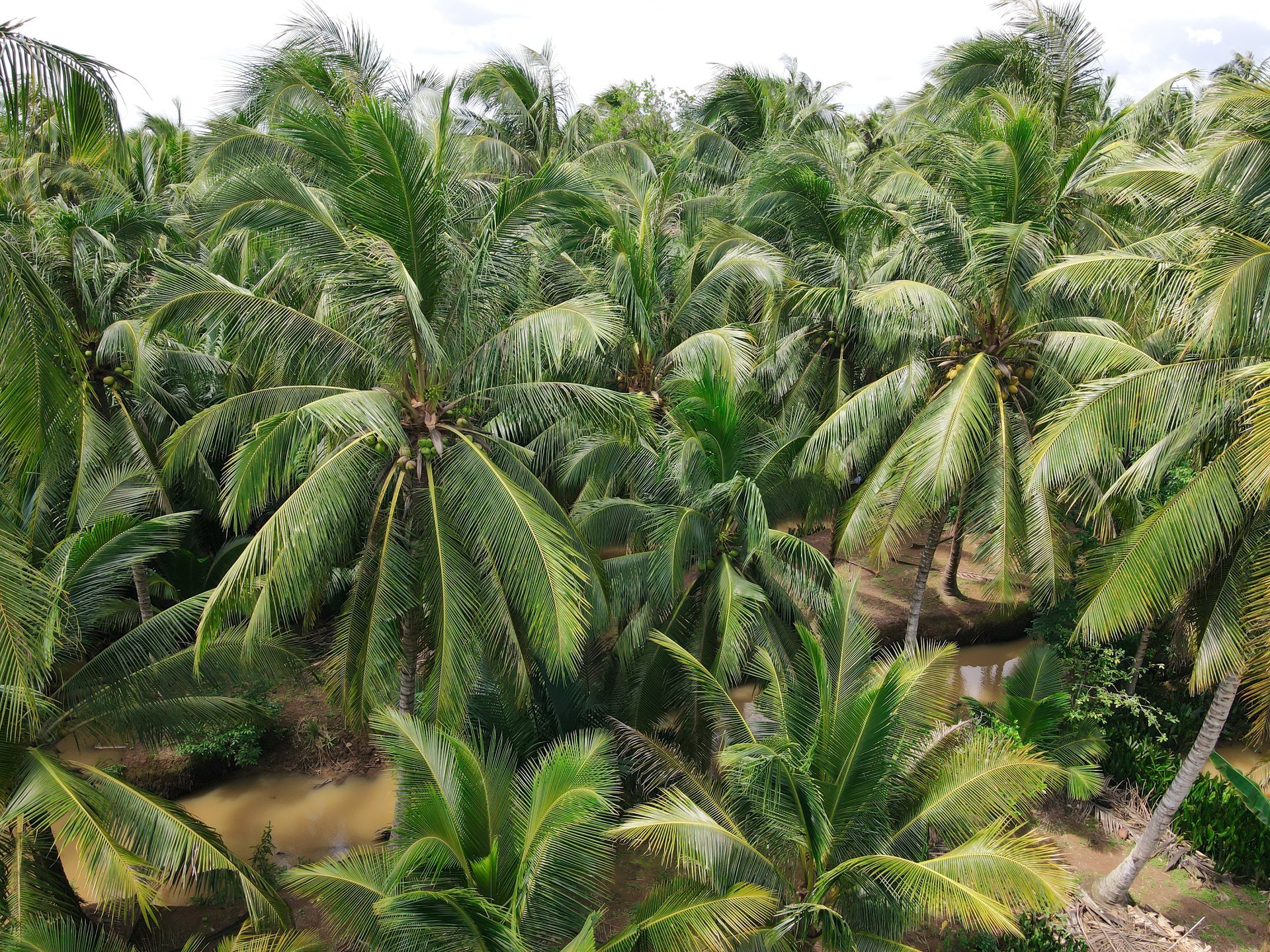
Vietnam is the fourth largest coconut exporter in the Asia-Pacific region and fifth in the world. Photo: Le Hoang Vu.
According to Mr. Huynh Khac Nhu, General Director of Tra Bac Joint Stock Company (Trabaco), to develop sustainably, the coconut industry needs to simultaneously solve two key issues: ensuring stable income for coconut growers and helping businesses increase the value of coconuts through deep processing and technological innovation.
"For example, Malaysia is aiming for a yield of 150 fruits per tree and a planting density of 200-250 trees/ha, thanks to the application of high-yield varieties and advanced cultivation techniques. This is a trend that Vietnam needs to quickly adapt to if it wants to make the coconut industry highly economically efficient," he emphasized.
General Director Nhu believes that improving seed sources is the key to increasing productivity and quality. “Coconut breeders understand that it takes about 36-48 months from planting to fruiting, and it takes 6 years to accurately assess the quality of the seed,” he said. Therefore, long-term investment in breeding and testing of seeds should be seen as the foundation for the Vietnamese coconut industry to integrate more deeply into the global value chain.
Source: https://nongnghiepmoitruong.vn/chien-luoc-phat-trien-ben-vung-cho-nganh-dua-viet-nam-d782716.html




![[Photo] Prime Minister Pham Minh Chinh receives the delegation of the Semiconductor Manufacturing International (SEMI)](https://vphoto.vietnam.vn/thumb/1200x675/vietnam/resource/IMAGE/2025/11/06/1762434628831_dsc-0219-jpg.webp)



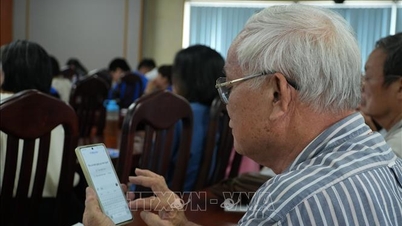

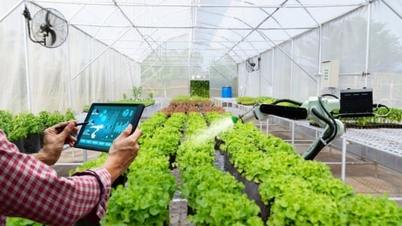
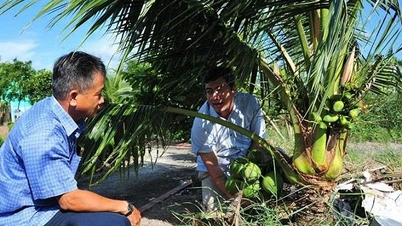

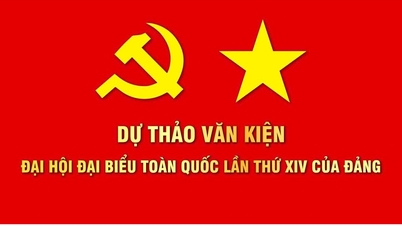



















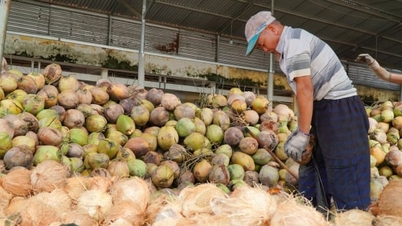
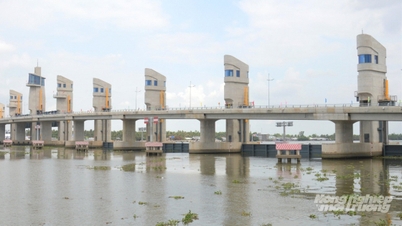
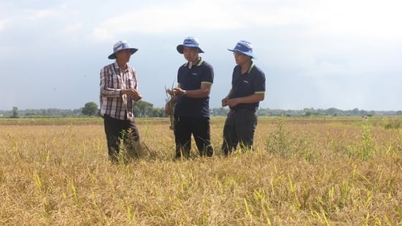
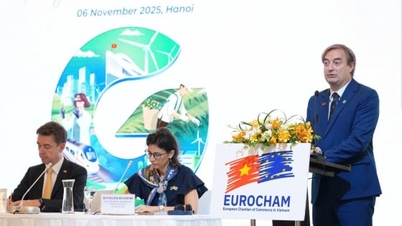



















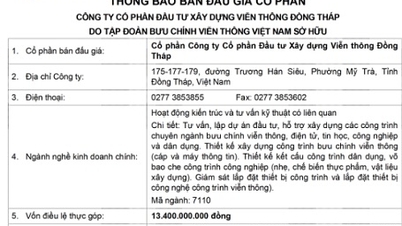


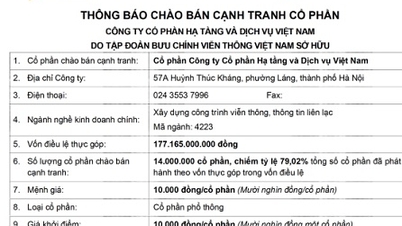
















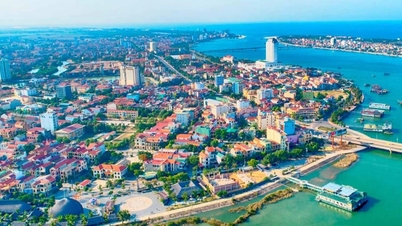







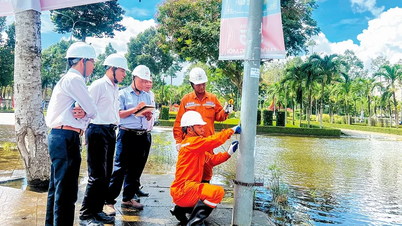


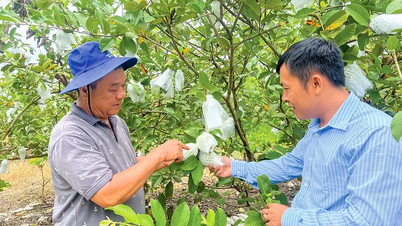




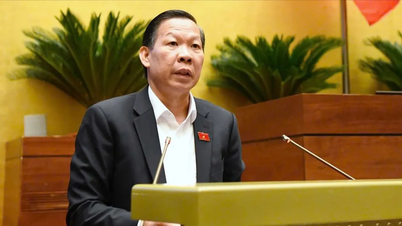



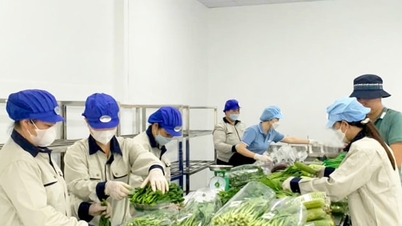











Comment (0)